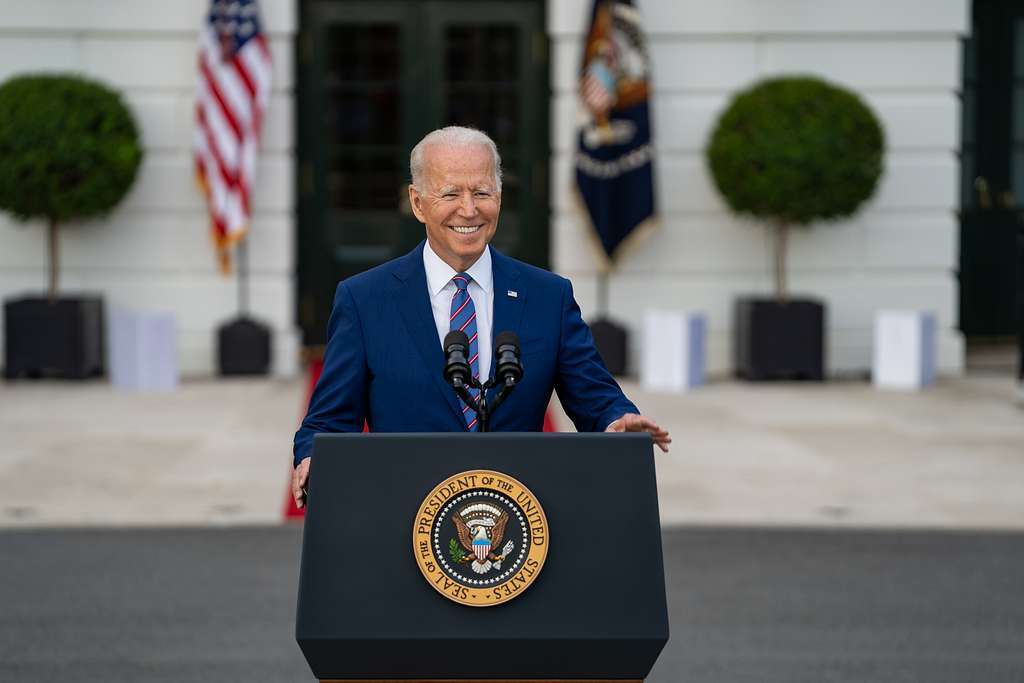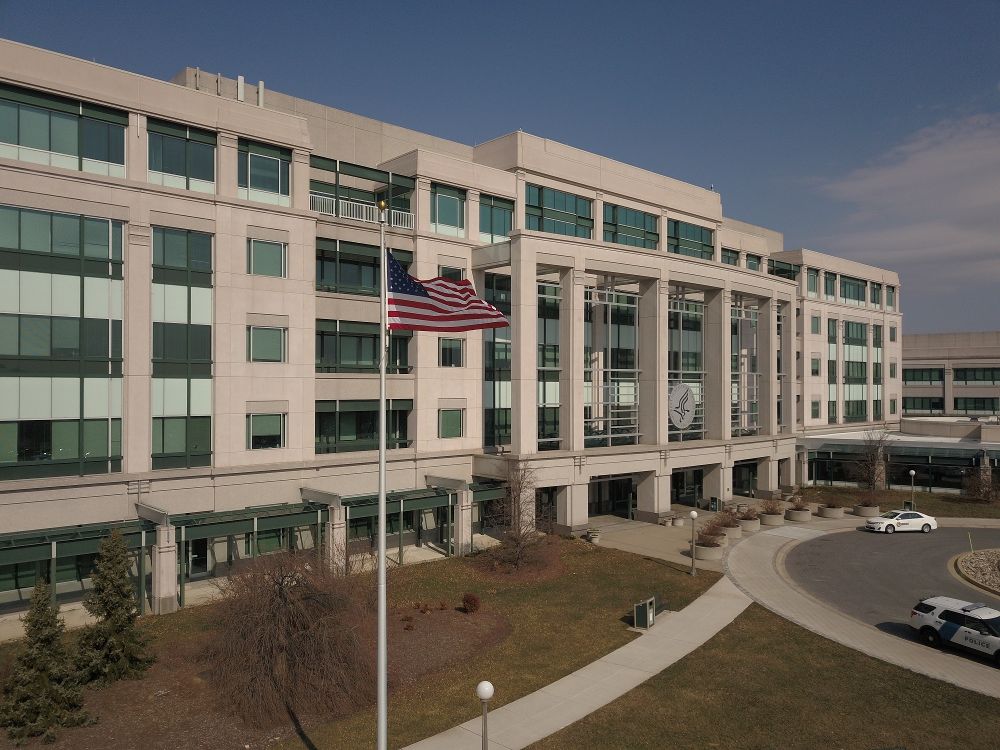Capitol Correspondence - 08.04.17
Defendant Seeks Contempt Order in DOL Overtime Exemption Rule Lawsuit
Share this page
Stay Informed on the Latest Research & Analysis from ANCOR
More News
Capitol Correspondence - 04.16.24
President Biden Hosts Convening on Care, Commits to Investments

Capitol Correspondence - 04.16.24
Justice Department Releases Final Rule to Enhance Web and Mobile App Accessibility for People with Disabilities
Capitol Correspondence - 04.02.24
CMS Finalizes Rule to Streamline Medicaid and CHIP Enrollment Processes

